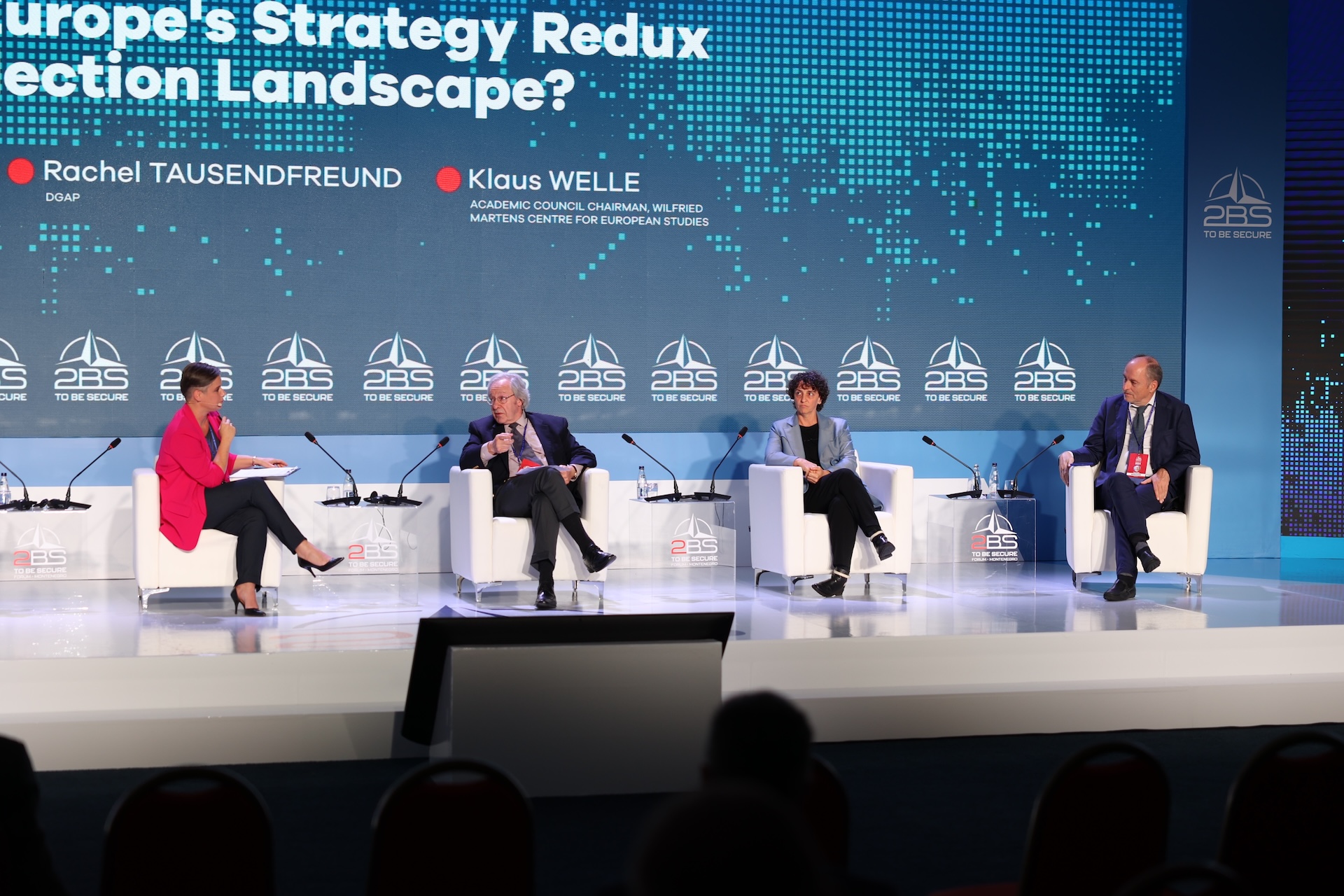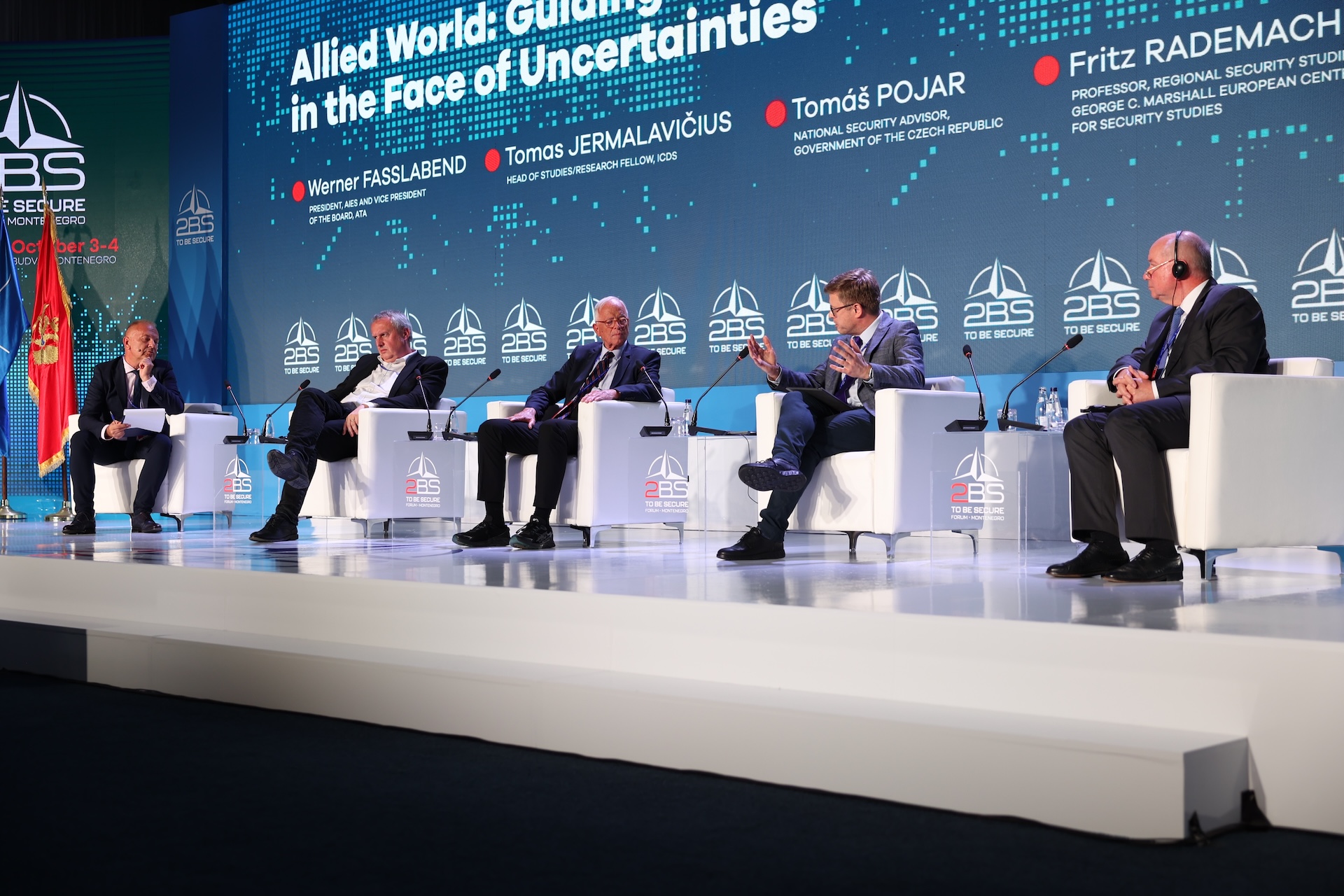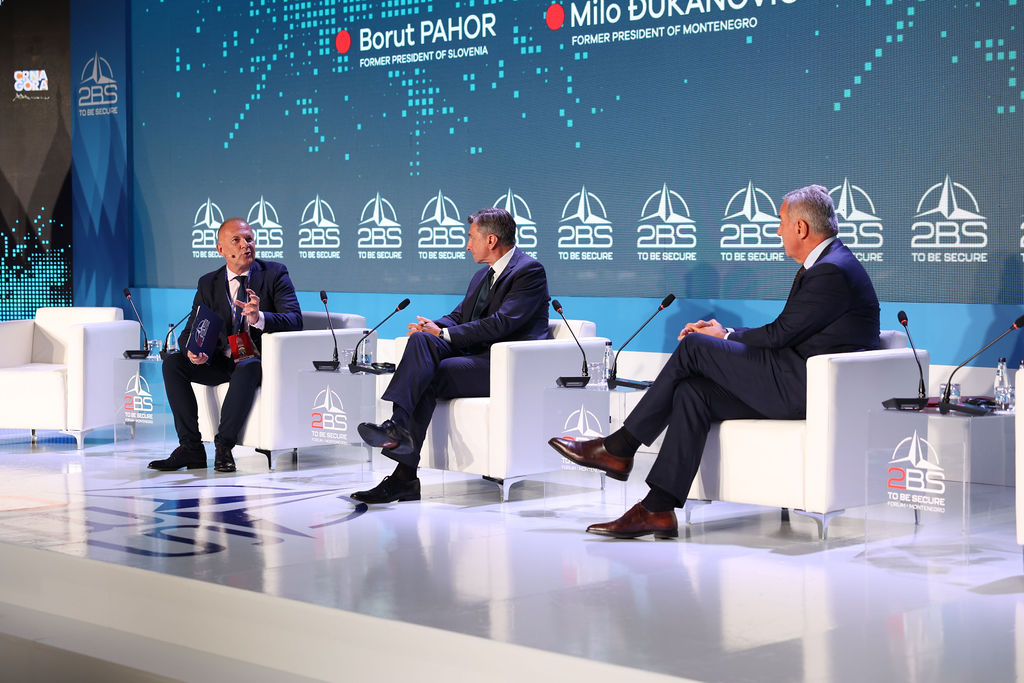A recent parliamentary election in Montenegro may have attracted little notice outside the country, but it will have outsized repercussions for the international order. Strongman President Milo Djukanovic has been in power for nearly 30 years at the helm of his pro-Western Democratic Party of Socialists, which lost its bid for reelection in the Aug. 30 vote, although Djukanovic will stay president until 2023. Taking the Democratic Party of Socialists’ place is a pro-Russian and pro-Serbian-led alliance, which has given Moscow an ally not just within NATO, but potentially within the European Union. It’s high time the EU wakes up and does something to stem Russian President Vladimir Putin’s creeping influence in the Balkans.
The newly formed coalition of opposition parties set to lead the small Balkan state have notionally agreed to continue Djukanovic’s pro-Western tilt, but that is unlikely to stop the festivities in the Kremlin. After all, the new coalition’s first goal, according to one of its leaders, is to lift the country’s sanctions on Russia. And although much of the Montenegrin public may be cheering the end of Djukanovic’s autocratic rule, the happiness is likely to be short-lived. Their small nation is just the latest Balkan domino to fall toward Moscow.
Read the full story co-authored by research fellow at the Atlantic Council of Montenegro Milan Jovanović, at the LINK.








